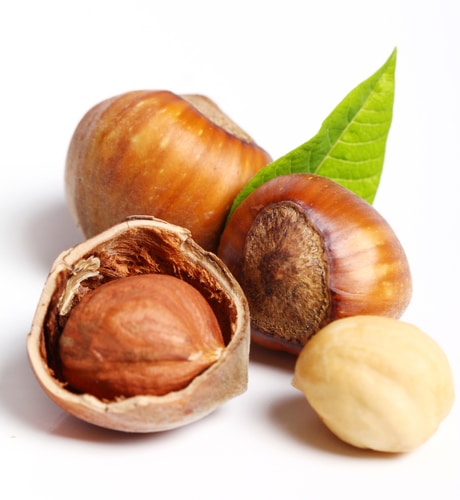
1) It promotes healthy and young looking skin:
Multiple studies have shown that vitamin E can help to protect your skin from the damage caused by ultraviolet radiation. As a result, it reduces your risk of developing skin cancer and also helps to stop your skin from developing the wrinkles and fine lines that are characteristic of premature aging. Vitamin E has these health benefits whether ingested or applied topically via a moisturizing cream.
2) It can boost your metabolism:
When you ingest vitamin E, it interferes with the development of compounds called nitrosamines that form in the stomach. This has the result of improving your body’s metabolic rate, helping you to burn more calories at a faster rate. When you have a faster metabolic rate, it is easier to lose weight or to avoid gaining unwanted extra weight.
3) It can offer some relief from fibrocystic breast disease:
Fibrocystic breast disease involves painful breasts that sometimes develop non-cancerous lumps around the time of a woman’s menstrual period. Studies have shown that vitamin E supplements can dramatically reduce the severity of this condition, though the relationship is currently rather mysterious.
4) It reduces your risk of developing Alzheimer’s disease:
A study performed by scientists at Rush University has revealed that high levels of vitamin E can lower your chances of developing from Alzheimer’s disease and other forms of dementia. Especially, it appears to make you up to 67% less likely to suffer from dementia, so a diet high in vitamin E can help you to retain good cognitive function well into old age. This health benefit may be connected to the fact that vitamin E promotes nervous system health by protecting the myelin sheaths that cover your nerves. Interestingly, it appears that you can only decrease your risk of Alzheimer’s by getting vitamin E from food; the same risk reduction is not observed in people who take vitamin E in supplement form.
5) It can lower your risk of developing bladder cancer:
According to the American Association of Cancer Research, regular consumption of vitamin E is associated with an impressive 50% drop in your risk of developing bladder cancer. This is a significant finding, as bladder cancer is the fourth most deadly cancer in men (striking women much less often).
6) It has anti-inflammatory properties:
Vitamin E has been shown to influence inflammatory disorders like arthritis, asthma, and ulcerative colitis. Regular consumption effectively reduces chronic inflammation and the pain that is associated with it.
7) It can prevent problems with the liver or gallbladder:
People who are deficient in vitamin E are much more likely to develop medical conditions involving the liver (such as nonalcoholic steatohepatitis). Similarly, this vitamin appears to play a role in preventing gallbladder problems (especially the formation of gallstones).
8. It may help to protect your lungs from pollution:
Tests on animals have shown that consuming plenty of vitamin E seems to reduce the amount of lung damage that results from inhaling polluted air, especially if that air contains ozone or nitrogen dioxide.
9) It discourages the formation of unwanted blood clots:
Vitamin E stops blood platelets from sticking together in clumps, so it helps to keep your blood appropriately thin. As a result, a diet high in vitamin E is associated with a reduced risk of deep vein thrombosis and pulmonary embolisms.
10) It prevents oxidative stress:
Vitamin E has antioxidant properties, so it is capable of preventing oxidative stress (i.e. damage that is caused by free radicals inside your body). It is speculated that free radicals are capable of causing the sort of cell damage that can lead to cancer and hardened arteries, so consuming plenty of antioxidants should help to improve your general health. Some researchers even believe that vitamin E is possibly the most important nutrient when it comes to preventing oxidative stress.
11) It helps to lower your cholesterol levels:
Vitamin E’s ability to protect your arteries means that it helps to prevent LDL cholesterol (i.e. ‘bad’ cholesterol) from attaching to your arterial walls. This, in turn, will substantially reduce your risk of suffering from a heart attack or a stroke.
As is obvious from the above health benefits, consuming plenty of vitamin E is extremely important to your physical well-being. In addition to the vegetables mentioned above, there are other foods that are great sources of this vitamin. Try to eat plenty of sunflower seeds, almonds, and cayenne pepper as well.
Related Articles By Cathe:
Do You Need More Vitamin E if You Exercise?
Why You May Need More Vitamin E than You’re Getting

